Jason Goodwin: In memory of Norman Stone, my tutor, guide, world traveller — and friend
Jason Goodwin pays tribute to an old friend and mentor.
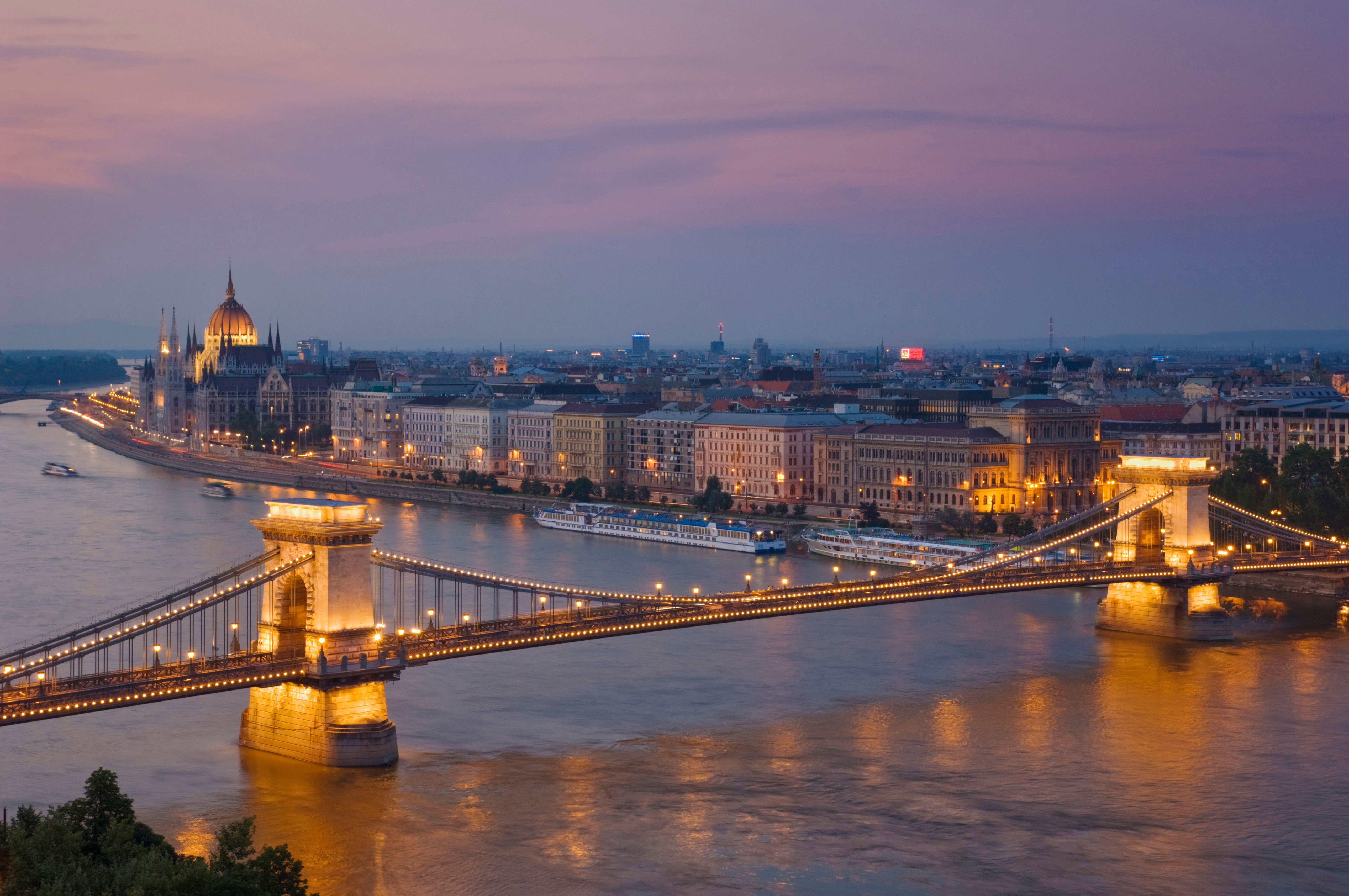
In 1990, making a slow journey on foot from Gdansk to Istanbul, Kate and I made an emergency side-trip to Budapest. Bearing introductions from my former history tutor, Norman Stone, we went to a Lutheran pastor and a Catholic priest to learn about walking through Transylvania, which was thought to be moderately unsafe. They told us who to see and where to stay among the Hungarian inhabitants of Romania, passing us on from one village to the next.
Last November, we took the younger children to Budapest again, our first time back in almost 30 years. The city looked much as we’d left it: a little shabby, a little grand, still pockmarked with bullet holes from 1956, the stucco greenish with age and damp.
The same boulevards; the same parti-coloured tiled roofs; the same air of Ruritania and Liverpool, among the swirls and curvets of the Art Nouveau Secessionist style; cafes, buns and cakes in windows.
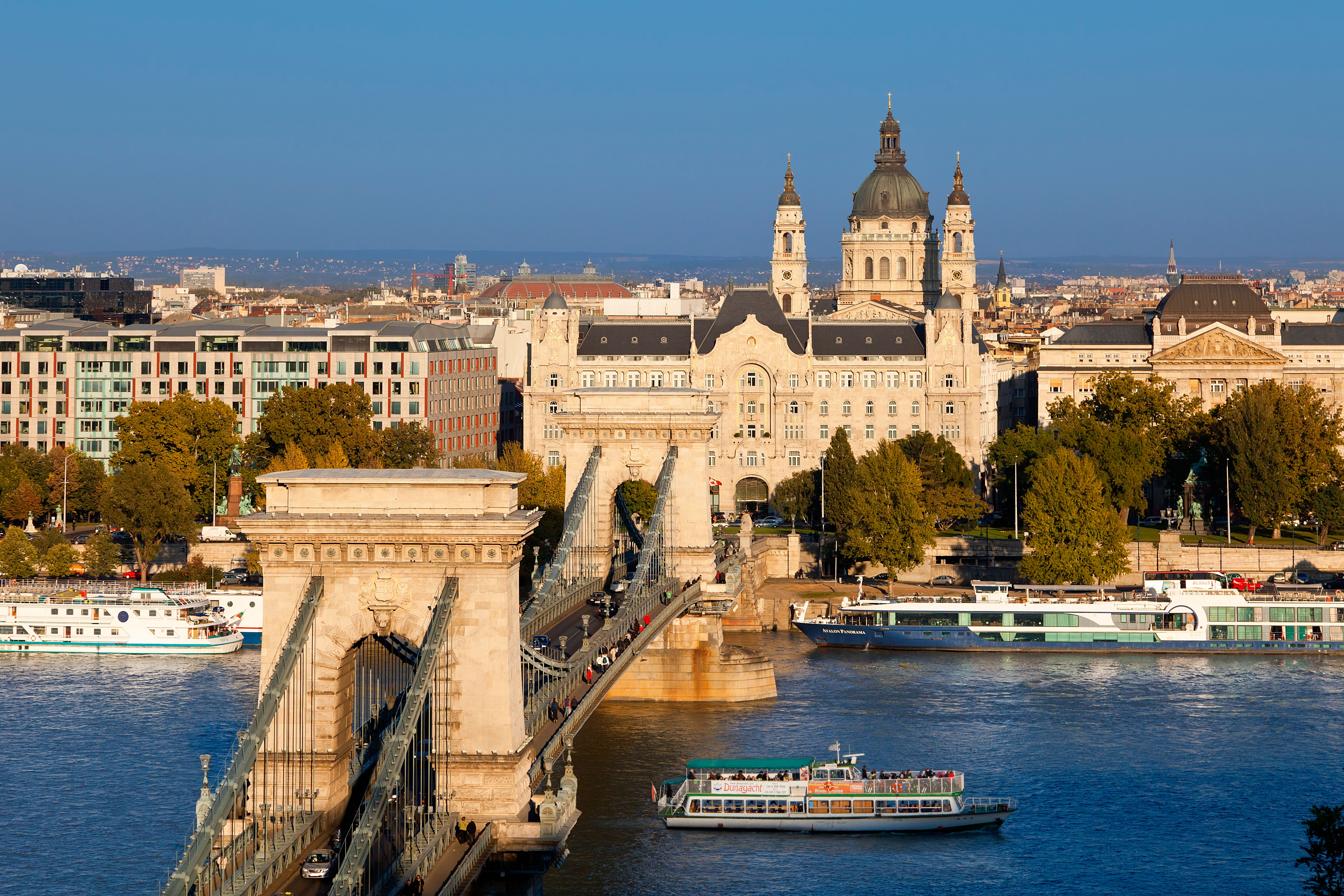
The castle beetled massively over the hills of Buda. Across the Danube, the Gothic pinnacles of a parliament twice the size of Westminster, raised imperially to receive deputies from Bosnia, Slovakia and Ruthenia, brooded over the plains of Pest. Only the flowers had gone, which, in Communist times, perfumed every encounter. I remember the shops and their unflowery, mechanical-sounding name: Virágbolt.
In a 19th-century apartment building, its halls decked with electric wires, we stepped into a wood-panelled lift old enough to have ferried a Habsburg duke to an assignation. Upstairs, we were greeted by an old friend, the man who more than anyone else explained 20th-century central Europe to the rest of us: a polyglot iconoclast, who long ago descended from Glasgow to skewer unwary Cambridge bien pensants with scorn, laughter and bons mots lifted from forgotten memoirs, preferably intelligent ones, delivered in any of nine – or is it 12? – languages in a soft Glaswegian accent.
'We were always cleverer in Norman’s company'
Prof Norman Stone, the authority on revolutionaries, railways and the K.u.K. aristocratic affectations of the Habsburg empire, was coming out to dinner. He talked about Zsa Zsa Gabor and the Czechs and the British capital that financed the construction of 19th-century Pest. As ever, he was kind, funny, irreverent, wise. He talked about death and money. We had a nightcap at a pavement table and Norman smoked.
Only last week, I found myself back in Budapest, in the handsome neo-Classical Deák tér Lutheran Church. The day was hot, the journey had been long. I shared a pew with a Hungarian with auburn ringlets and a dazzling smile, who generously cooled us both with a pleated fan.
Exquisite houses, the beauty of Nature, and how to get the most from your life, straight to your inbox.
The church began to fill with historians and journalists, prime ministers, rectors and Cold War warriors, such as the beautiful Englishwoman who used fearlessly to smuggle samizdat publications in and out of the Iron Curtain.
Norman himself had done time in a Communist Czech jail. He was later professor of Modern History at Oxford, before moving on to Ankara and Budapest, finding their students more alert and the life agreeable.
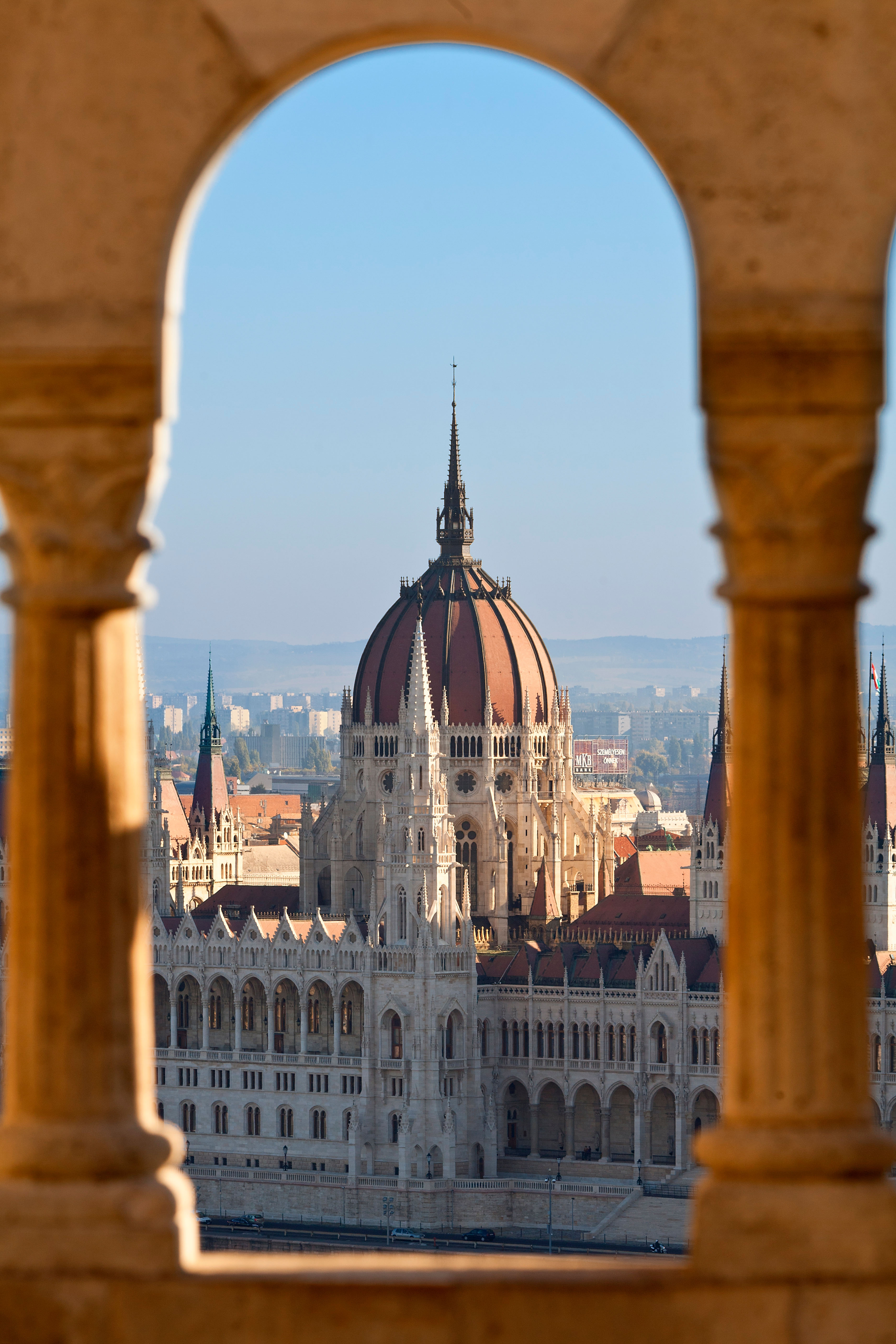
The Turkish ambassador to Hungary gave a eulogy and a British historian, Niall Ferguson, rightly recalled that we were always cleverer in Norman’s company. He might have added more present, more alive to the properties of words, the absurdities and richness of the world.
The funeral liturgy was 1662; the Bible, King James. A Catholic Hungarian bishop read a chapter from Corinthians. He was joined by Anglican chaplains from Budapest and Istanbul, the Lutheran incumbent and a Russian Orthodox priest. We spoke the Lord’s Prayer in Hungarian and English, circling the outlines of Norman’s scholarship from the language of the prayer book to the languages of Europe, from Turkey to Russia, Rachmaninov to the Reformation.
I followed his coffin down the aisle, with the beautiful Hungarian, out into the Budapest sunshine.
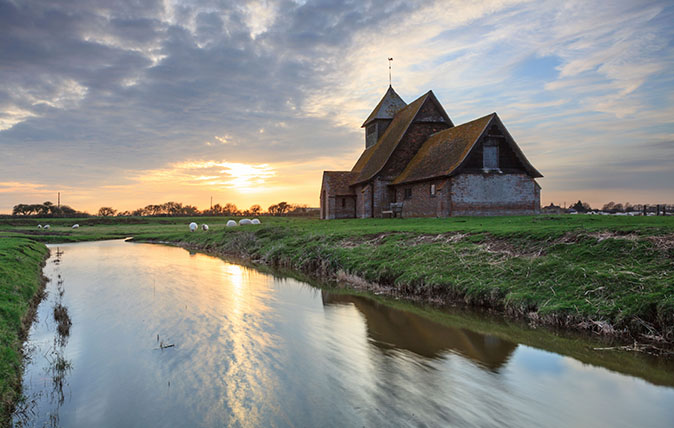
Jason Goodwin: 'On our watch, the natural glories of our island have been atrociously depleted'
Our columnist Jason Goodwin laments the staggering decline of British wildlife and the depletion of our island's natural glories.
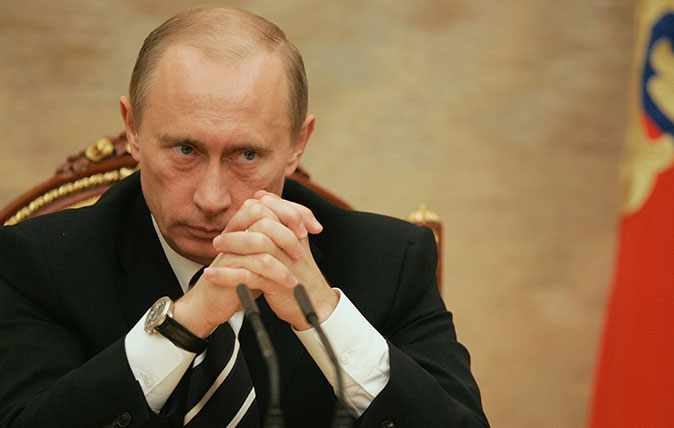
Credit: Alamy
Jason Goodwin: On wardrobes, spontaneous combustion and burning Vladimir Putin
Our columnist takes his life into his own hands by witnessing the ceremonial destruction of Russian premier Vladimir Putin.

Credit: Alamy
Jason Goodwin: 'We have books all over the floors and carpets on the furniture'
Our columnist Jason Goodwin talks about jam jars, duvets and the books which are taking over his house.
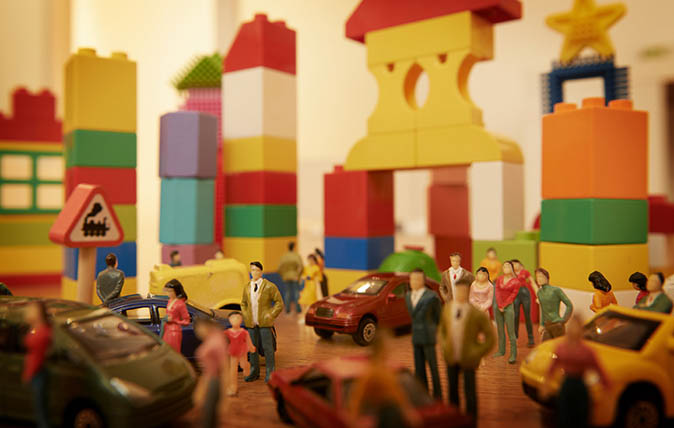
Jason Goodwin: ‘The washing-up is being done by a hulking fellow who, moments ago it seems, knelt on a chair at the kitchen table’
Jason Goodwin looks at his nearly-fully-grown children and wonders how it all came to this. (In a good way.)jas
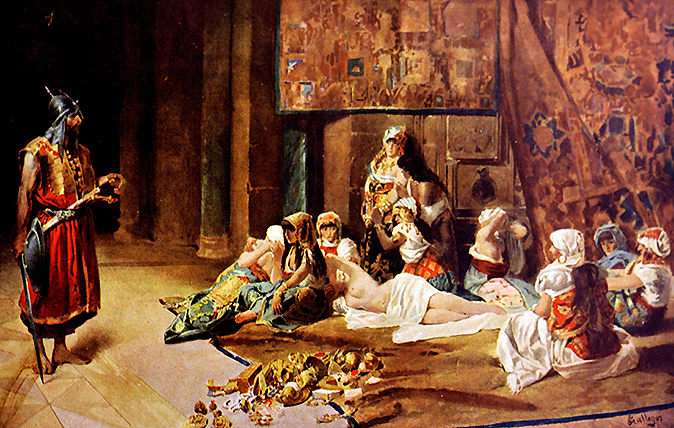
Jason Goodwin: The upside of life in a harem, and modern-day slavery on the King's Road
Our columnist Jason Goodwin considers the realities of everyday existence for the women kept in 18th century Ottoman harems.
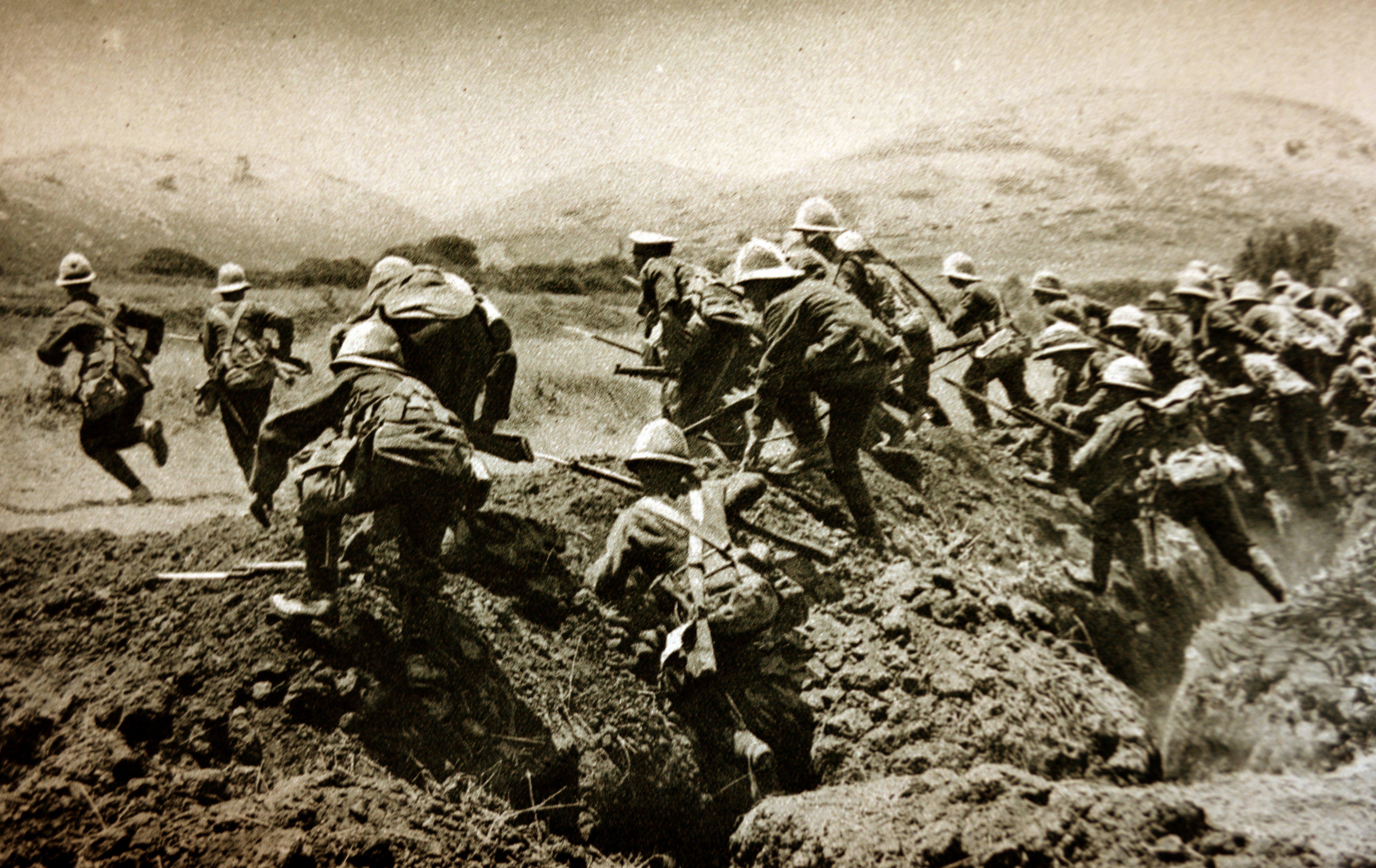
Jason Goodwin: The madness of Gallipoli, and the British officer ordered to fight the men who once honoured him
After years of regular visits to Turkey, Jason Goodwin finally makes it to Gallipoli where he is humbled and sobered
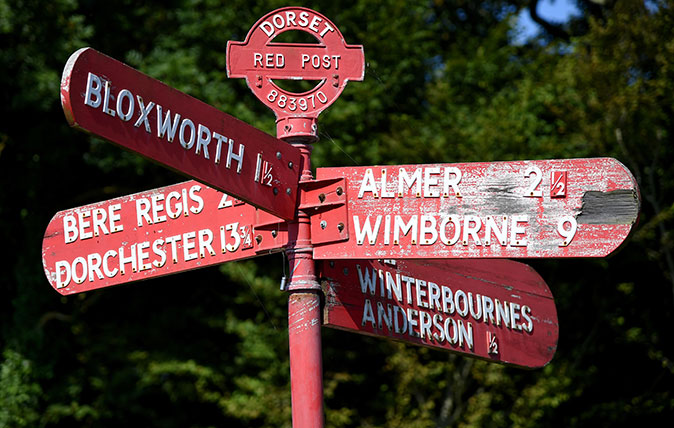
Credit: Alamy
Jason Goodwin: The signwriters of Britain who’ve nailed their grammar and added a touch of poetry
Forget brickbats for greengrocers' apostrophes – let's instead concentrate on those who take signwriting up to a new level, says our